Alice in Borderland is back, with a season capable of mixing moments of adrenaline, with scenes of reflection, here is our review
TITOLO ORIGINALE: Alice on the Brink Imawa no kuni no Arisu. GENERE: survival game. NAZIONE: Giappone. REGIA: Shinsuke Sato. CAST: Kento Yamazaki, Tao Tsuchiya, Nijirô Murakami, Aya Asahina, Sho Aoyagi, Ayaka Miyoshi, Dori Sakurada, Riisa Naka, Tomohisa Yamashita, Tsuyoshi Abe, Yutaro Watanabe. DURATA: 8 episodi di circa 60 minuti. DISTRIBUTORE: Netflix. USCITA STREAMING: 22 dicembre 2022
Il December 22, Netflix has released, after 2 years of waiting, the second season of one of the most popular Japanese series of recent years, Alice in Borderland. Fans have really had a lot of patience in waiting for the new episodes, all released en bloc on the platform, and which many have devoured, until the inexorable end, eager to find out who was behind the cruel games.
As with the first season (here our review), the second also did not disappoint the spectators, enthusiastic to return to relive, with bated breath, the adventures of Arisu and his companions.
The plot | Review Alice in Borderland
After finishing, we don’t know how, in a deserted Tokyo, Arisu, a lazy boy, finds himself forced, with his two best friends, Karube and Chota, to participate in a series of games. Each challenge is represented by a playing card, whose suit indicates its type (physical, psychological, team or intelligence), while the number indicates the difficulty. The prize if you win? A visa lasting a few days, which allows you to stay alive, until you are forced to participate in a new game, to get another one. Penalty for a defeat? The death. Convinced of wanting to seek answers, we will find Arisu again in the second season, this time intent on playing at the next level, the one involving the courts, i.e. kings, jacks and queens. Will the boy, together with his unfortunate adventure companions, be able to defeat them and (perhaps) return to the real world?
The second season picks up where the first one left off, the adventures told in the manga written and illustrated by Haro Aso. As announced, the new episodes also turn out to be an excellent adaptation to the comic. In fact, there are many who argue that Alice in Borderland is one of the best live action In circulation. This is thanks to the ability to represent the facts narrated, re-proposing typical features of the manga style, but without overdoing it. Thus characters with a singular appearance, or with marked behavior, lead the viewer to focus their eyes on them, but without perceiving them too out of place, on the contrary, making their aesthetics a strength, as well as a tool to express one’s own mood.
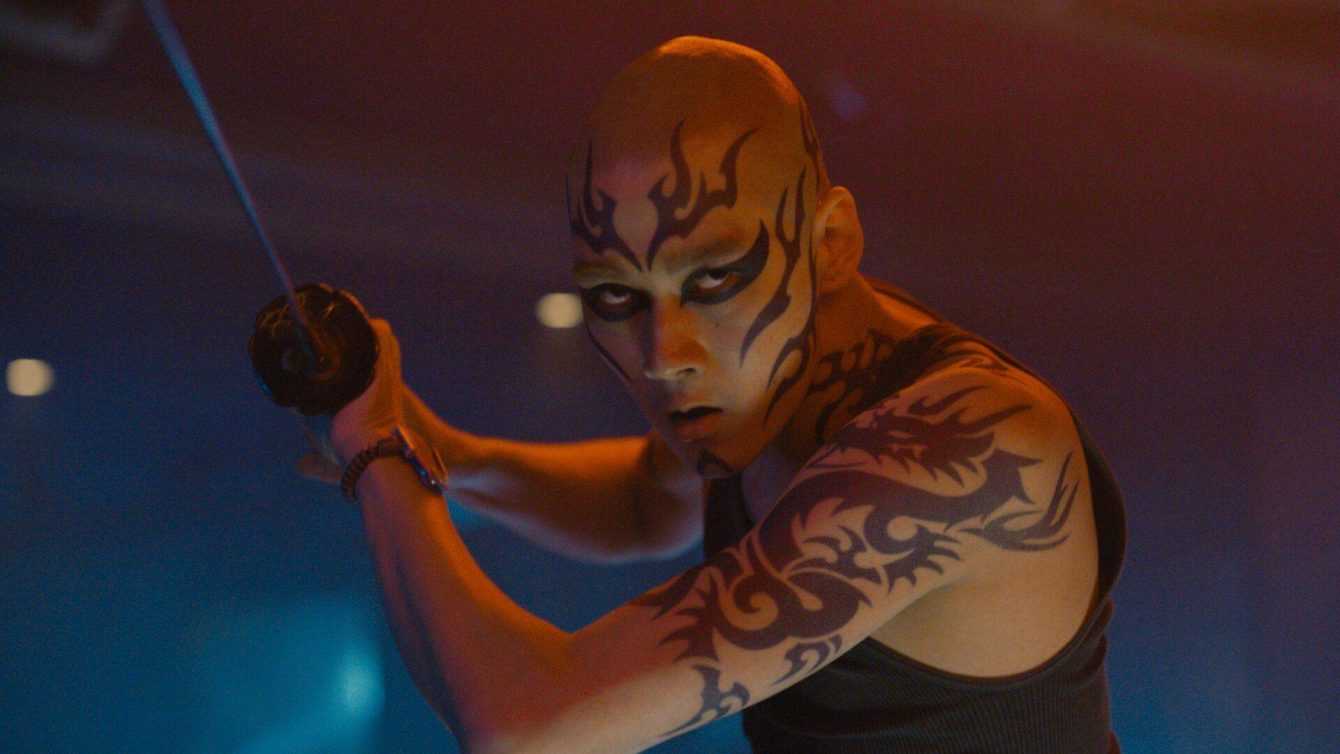
Last Boss, a hikikomori who repudiates the world he grew up in. He finds new lifeblood in Borderland, so much so that he fills his body with tattoos, symbolizing the refusal to return to the real world, where they are looked down upon.
Between action and reflection | Review Alice in Borderland
The games have remained compelling. Although it is clear that bringing 12 games to the screen (one for each figure) would not have been possible, it is a bit sad not to have seen them all transposed. To stage the most compelling ones, it was necessary to divide the paths of the characters, making the story a little more choral than the first season. In the new episodes, pure action games alternate with others of intelligence, involving a continuous transition from adrenaline-filled scenes to less excited scenes, but still able to keep the tension high. A note of merit goes to cunning games, which feature the mysterious Chishiya who (once again) is able to steal the show from the other characters, including the protagonist.
No doubt this is one season that takes its time, especially in the ending. The games themselves are no longer just a simple show, but a further means of presenting very profound themes of human nature. Even the game masters are exploited for this purpose, so much so that it is they who trigger reflections. Although it is a dystopian series, it therefore allows the viewer to reflect together with the characters on very profound themes; one of all, the value and meaning of human life, which is repeated many times within the series. This central theme brings with it further questions that are explored as we proceed. Among these: the value of teamwork, the trust placed in others, hope and social injustice. In short, anything but superficial themes.
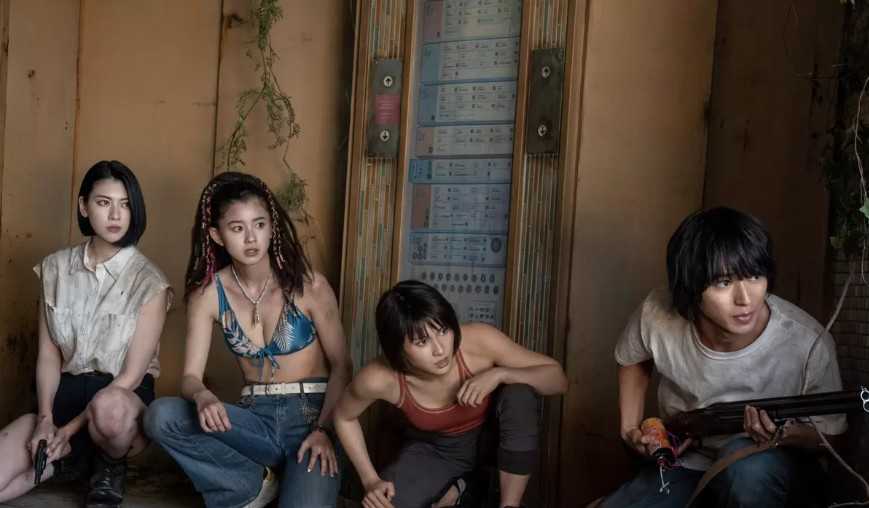
Character development and plot armor
Small sore point is the heavy plot armor who doesn’t seem to want to break away from some of the main characters. Although the matter may be, at least in part, justified in the finale, this continued ability to survive even after suffering multiple stabbings and gunshots leads the viewer to lose that sense of anxiety and apprehension present in the first seasonnever considering the characters really in danger.
Another small note of demerit concerns the development of the characters, often made to return for no valid reason and without any kind of evolution arising in them, betraying a bit the expectation that over time we have made regarding some storylines. There is a feeling that some dynamics have not been treated as many expected. Among these, the conflict that has been most affected is probably the one between Niragi and Chishiya. Question relegated to a few final minutes, through a conclusion too rapid for a character, like that of Niragi, who has moved to the rear throughout the season. On the contrary, not excessively exaggerating the love story between Arisu and Usagi seems to have been a winning weapon. After all, taking up a quote from Giovanni, of the iconic trio: “We are here for another reason“. Furthermore, if on the one hand, further space is given to characters whose stories are already known, such as Usagi, in other cases perhaps a greater investigation would have been necessary. One of all, the Queen of Hearts.
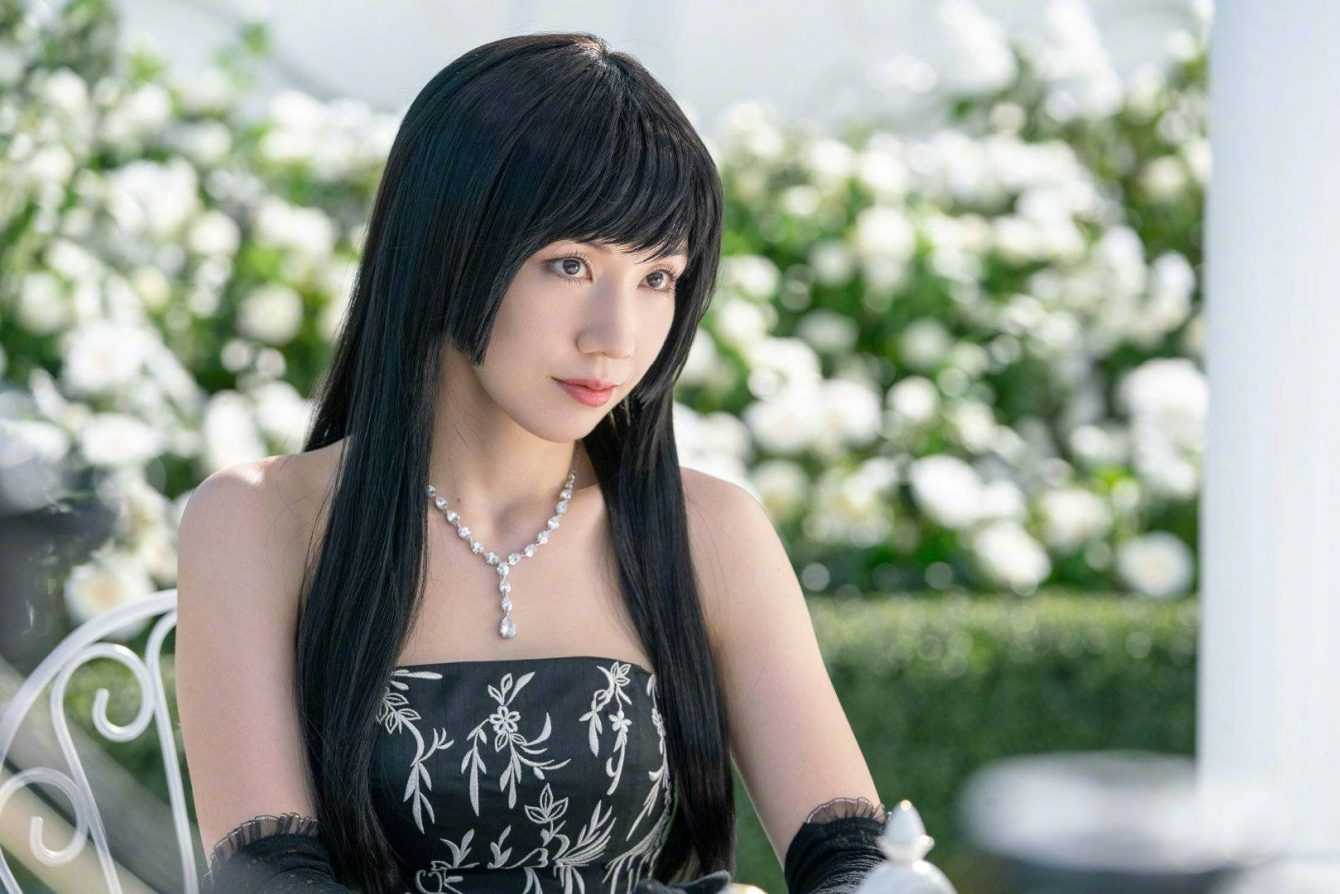
Mira, the Queen of Hearts
A divisive season finale
It still remains to discuss the finale. The conclusion of the series has in fact split the audience in half, between those who considered it obvious, trivial and meaningless and those who instead described it as the right conclusion, faithful to the original version. Of course, such an ending could be difficult to digest for those who until the end were moved by following the stories of friendship born in that dystopian world. But the series had already accustomed us well that not everything goes as planned. More understandable is the idea of those who turn up their noses to discover why Arisu and the others were catapulted into another Tokyo. A solution perhaps a little trivial and not very credible, but which still manages to convey pathos and emotion, in understanding, after 2 years, what really happened to the protagonists.
A common feature | Review Alice in Borderland
Although it may seem like just a survival game, Alice in Borderland hides much more than that. It’s a metaphor of reality, an in many ways accurate representation of the plight of many young people today. To understand this, it is necessary to dwell on who the characters catapulted into this world are. What do they have in common?
- Arisuthe protagonist, is a boy who has no idea what to do with his life, he doesn’t study, he doesn’t work, his only point of reference are the video games he uses to estrange himself from reality and his friends.
- Usagi, a girl that Arisu will meet on his way. After her father’s suicide due to her social disapproval, she is now alone and has lost the will to live in a world she hates.
- Niragibullied in real life, finds in the new world the strength to go from victim to perpetrator, venting his repressed anger against anyone.
- Chishiya, the most enigmatic character in the series, is completely apathetic to life, so much so that he has no fear of death. He doesn’t feel compassion for others, he is interested in them. For him, games are nothing more than simple games that he manages to win thanks to his incredible analytical, manipulative and observational skills.
These characters have one thing in common: they are considered marginalized by the society in which they live, they do not understand it and for this reason they reject it. But these are also the same characters who, in the new world, manage to survive. Their flaws become weapons that lead them to victory in a world where from losers as they were, they become leaders.
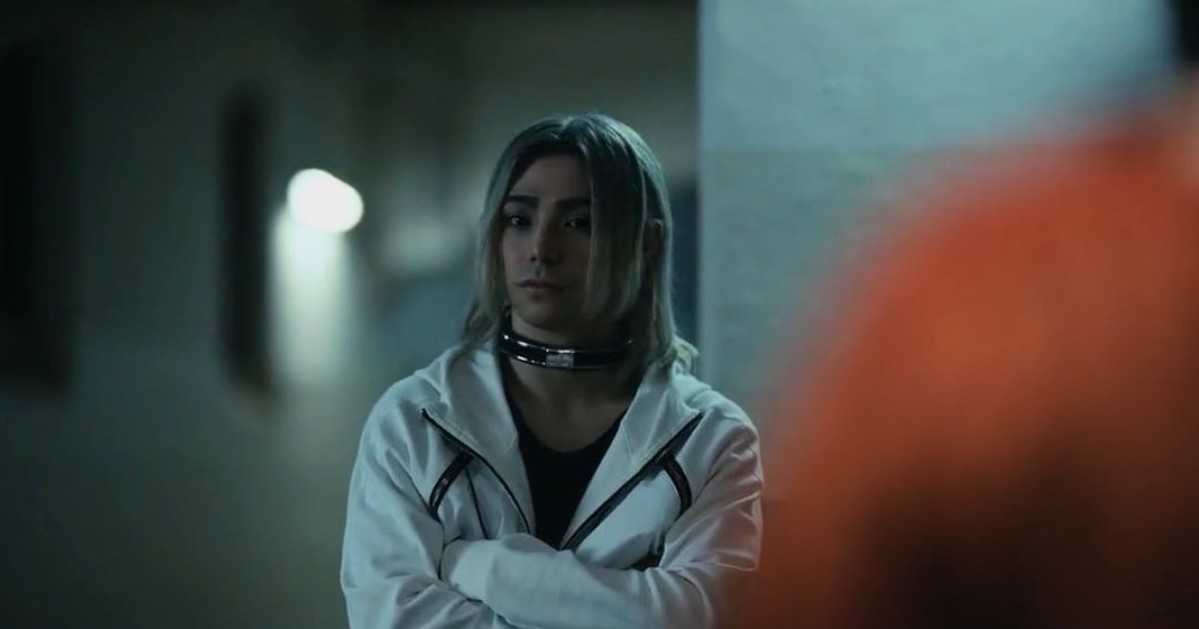
Chishiya, detached and pragmatic, is one of the most beloved characters in the series.
A metaphor of modern society
This type of representation is not accidental, but is the mirror of a society in which young people of the age of the protagonists find multiple difficulties. Here because Alice in Borderland is seen by many as a metaphor for the modern world.
In Japan, the country where the series is set, the level of stress it’s skyrocketing. Young people in particular perceive society almost as an enemy, since it is worth more than the individual and if you are unable to adapt to it, you are an outcast. From an early age, the Japanese are taught to be the best, excel in activities (first at school and then at work), avoiding the competition.
Is Italy really that different? Maybe not, if you think of the situation faced by young people of the age of the protagonists of the series. As children full of dreams who once held the hope of changing the world, they now find themselves struggling to find their place in society. The world of work is one of the pillars of this mechanism. Grabbing a place is synonymous with sacrifice and challenge; you need to have it excel over others. Only in this way will you be able, after interviews after interviews, aptitude, psychological and sometimes even physical tests, to outperform the competition, resulting in the best.
Alice in Borderland games aren’t all that different. If you want to survive you are forced to put yourself on the line. It’s a constant fight against others, but also against yourself, to prove who is the best. All you have to do is keep fighting in order to win and survive in a world where you don’t decide how to live, because someone else makes the rules and if you stop, you’re still finished.
However, the series also leaves a vein of hope. If the real world is cruel, you don’t have to be too. Cultivating hope, friendship and solidarity is the key to living in a world that often does not give discounts. After all, it is precisely these characteristics that give meaning to our existence and that of others.
Plus points
- Transposition faithful to the manga
- Engaging action scenes
- Good alternation between moments of action and moments of reflection
- Good photography and directing
Points against
- Plot armor pesante
- Swinging pace
- Characters who deserved more space
Are you looking for new movies and new TV series to watch? Discover the new Disney+ subscriptionthe streaming home of Disney, Marvel, Pixar, Star Wars, National…






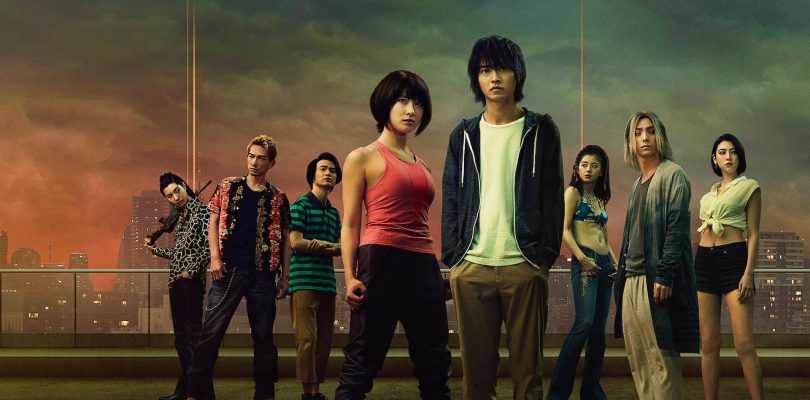






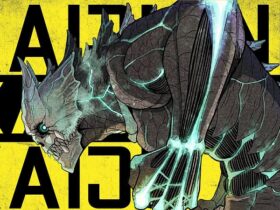


Leave a Reply
View Comments